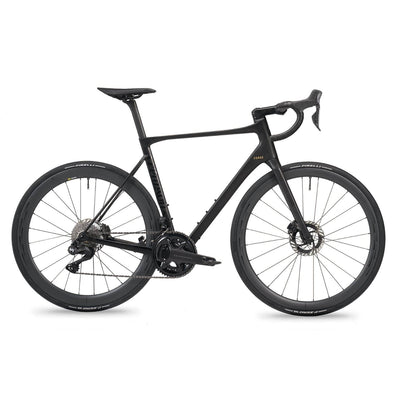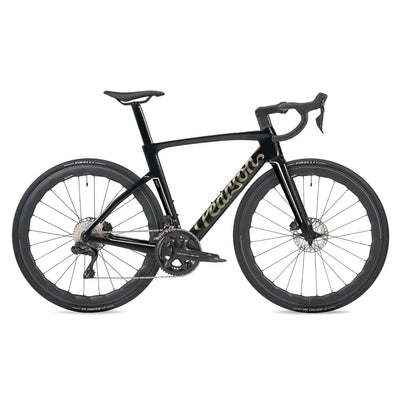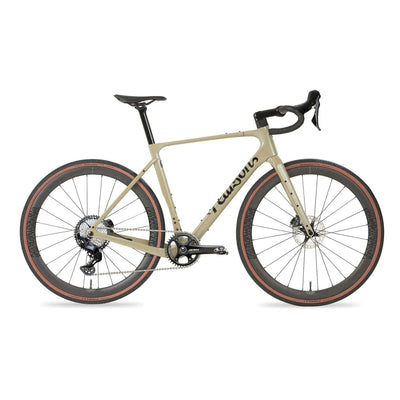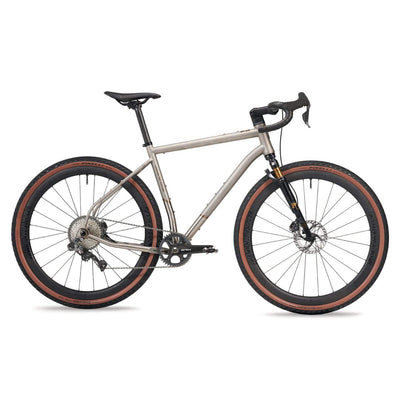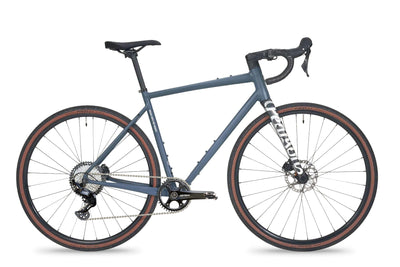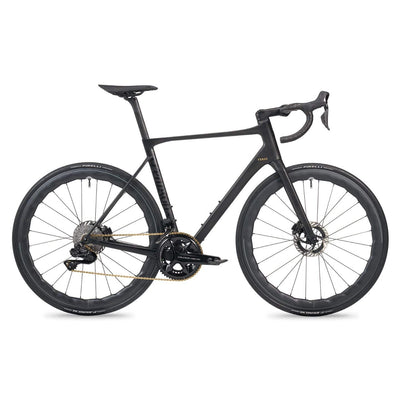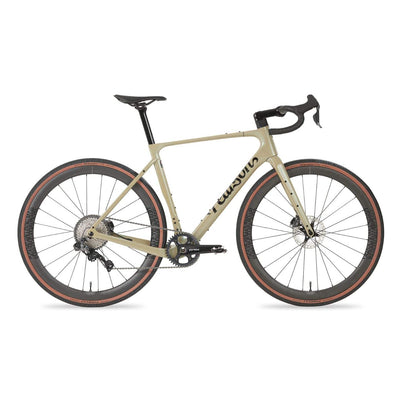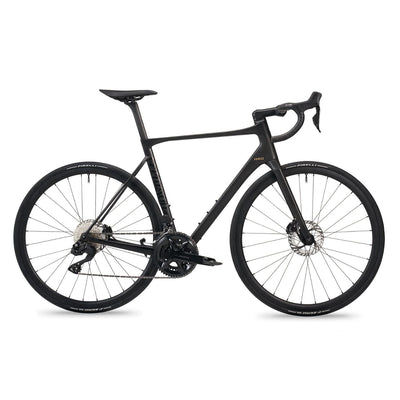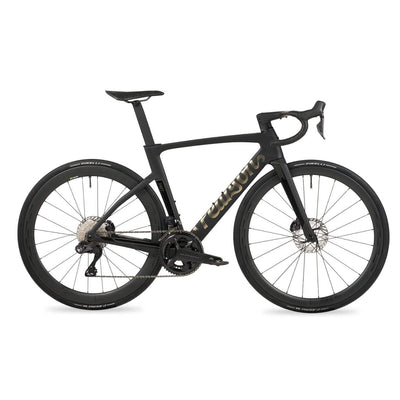TWO WHEELS ON MY WAGON

I live in Wimbledon, not far from the Pearson Performance store, in Sheen. It’s a distance of only five miles but if I commuted by car, at peak times it would typically take an hour each way. Frankly, you could walk it in that time. My wife works as a GP, six miles away in Battersea, where the commute by car was just as long. The kids are at school just two miles away and Wimbledon is well served by public transport. Traffic congestion can be terrible locally, and the trip to Sheen via the South Circular can be hell.
Was the plan to get rid of the car completely, or were you winging it to a certain extent?
Even before the pandemic, the car sat idle for long periods. We began to think car ownership wasn’t particularly sustainable, both in terms of manufacture and subsequent use. Not only was it wasteful in monetary terms but the alternative ways of moving around were less stressful. It was definitely intended as a trial period and we went into it very open-minded; we didn’t think we’d last more than a month. We are now eighteen months in.
Handing over the keys to your vehicle for the last time, did you feel a bit stranded?
A little bit, although we had talked it through as a family and all agreed we should be making the effort to be greener. We had already been using Zipvans for the business as an alternative to owning vehicles. Invariably, any vans we owned were stolen, damaged or broken into. And they were expensive to maintain, too. If we are stuck, using Zipcars is easy and convenient.

Not really. The kids are a bit older now, which helps, and they’re independent enough to mix up their travel. For example, they’ll cycle to and from school but maybe take the bus on really wet days. Using public transport has definitely made them more streetwise. The sight of them heading off to central London to shop and skate has become quite the norm.
And during the pandemic there was nowhere to drive to.
Covid leading to a cycling boom is well documented. We were already riding daily for exercise, so when lockdown arrived it helped to keep us from murdering one another! But it was more about all the other people we saw riding. What followed was a golden summer of cycling. For some it was a renaissance, rediscovering a pastime they’d long forgotten, while for others it was about incorporating cycling into their lives for the first time.
The streets of London were famously empty – did it feel like a vision of a car-free future?
I hoped it could be the start of something great – cycling, not the pandemic – a permanent, widespread change of habits. Boris promised a new era but has since under-delivered. Even positive steps, such as segregated roads for cyclists, were then removed as traffic started to build again (the irony!). As a country, the weeks coming out of the first lockdown were a huge opportunity to implement more permanent road-calming measures. We missed that chance and it may now take years to move the dial back towards that level of cycling and other ‘active’ transport.
If it’s not too corny, do you feel unburdened being car-free?
I bought my first car prior to passing my test, which happened two weeks after my 17th birthday. Since then I’d always owned one, have had some interesting cars and enjoyed driving them. However, times have changed. As a society, the need to reduce our carbon footprint is extremely pressing. In the ever-expanding sharing economy, viable alternatives make it easier to enjoy a different way of life.
Without sounding overly righteous, every time I look out on my street now, I think how lovely it is not to have the hassle of being committed to a car. There is a definite feeling of calm by reducing the hours behind a steering wheel. The alternatives offer time to gather your thoughts, go outside and reduce daily stress.
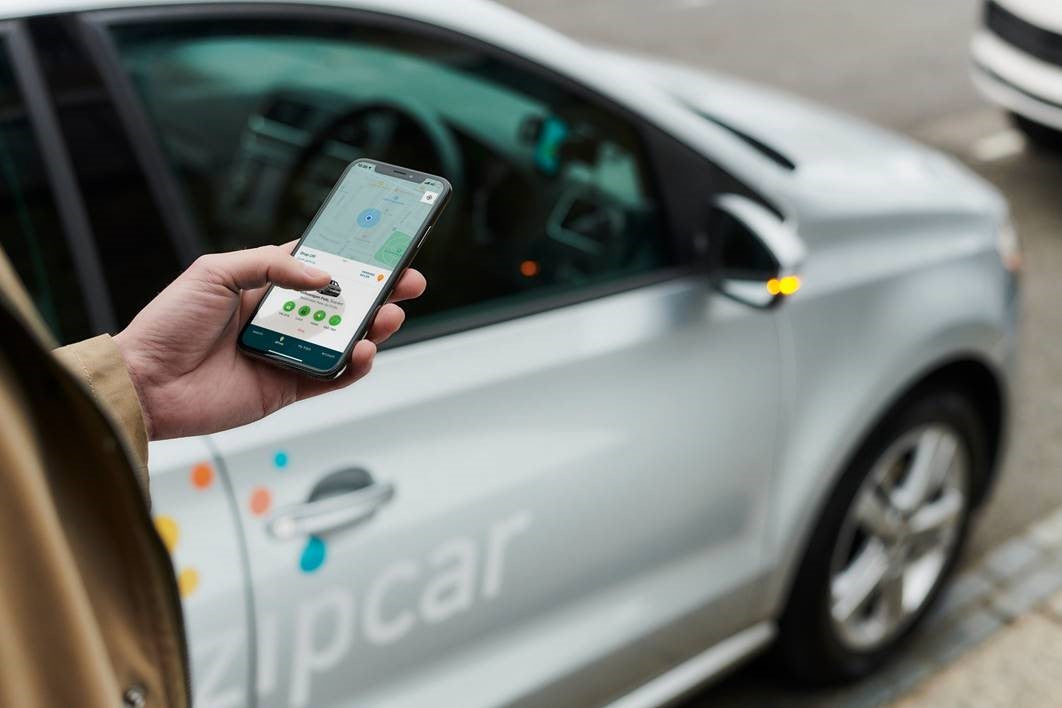
Is there a flipside, have you ever struggled to secure a car-club vehicle for example?
Only once in eighteen months. And only then because the car-club space had been parked in illegally; that meant the Zipcar we’d booked had to be parked somewhere else unknown to us.
What are the other car services you use?
We try to stay as green as possible. That means hybrid Ubers, electric black cabs, electric Zipcar Flexes [essentially a self-drive taxi]. They’re all pretty well-resourced, although weekends can be busy, so you need to be more organised by booking ahead; that’s easy enough to do.
And presumably you take more public transport?
Definitely. We are lucky enough to have excellent transport links, bus and train but also tram and tube. Travel apps make life easier, too, and there’s less much stress when you are being driven everywhere. It also allows for ‘screen time’ of the positive kind; time to catch up on work admin, or on social life and with friends.
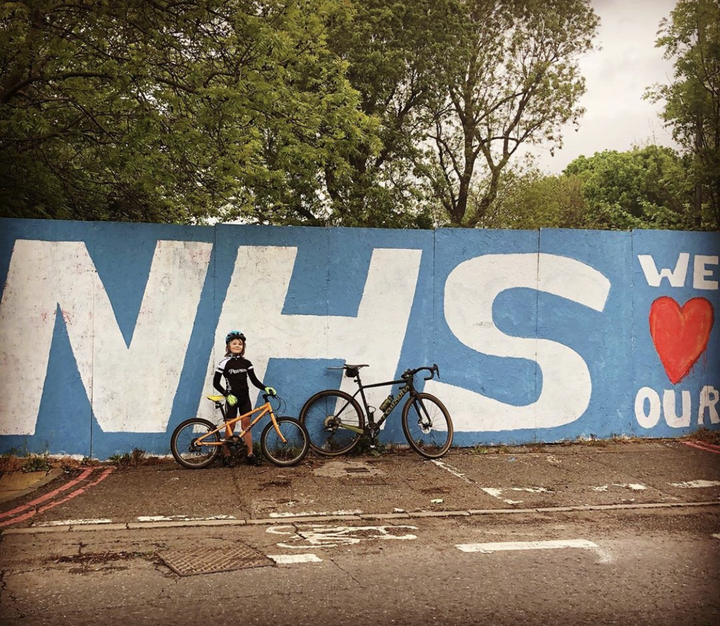
Are you riding a lot more as a family?
Cycling has always been a part of our lives and much more so now. I have ridden a bike, to school or work, since the age of nine. If I don’t get that fix first thing in the morning I feel less alert, and often lethargic for the rest of the day. My wife is also a complete convert to cycling and the kids are happy to ride in most weather conditions.
Without your own car, are there journeys you’ve been inclined not to bother making?
If anything, it’s made us realise what we’ve been missing. Some train journeys we’ve taken have proved voyages of discovery. Bundling bodies into the confined space of a car used to do nothing but prime us for a good family row. Also, there are no arguments now over who’s going to drink and who will drive, so we’ve been enjoying going out more than ever! Once you break from old habits, it can be a complete game-changer.
What do you think it’s going to take to get more people riding?
We need to realise that sitting in endless congestion is unproductive and unhealthy, both physically and mentally. Using active transport, such as cycling, is arguably one of the most economic and healthy ways forward. It’s also about breaking bad habits, thinking that helping to save the climate is somebody else’s problem. To reduce pollution and CO2 emissions, our reliance on cars has to change, particularly for short journeys.
If people can travel more actively, it will potentially reduce obesity and improve mental wellbeing. I understand that for some people cars are their pride and joy – we have customers who feel the same way about their bikes. Even so, it doesn’t mean cars are required for every journey. It does surprise me sometimes, when drivers arrive late and stressed, then complain about ‘terrible traffic’. It’s the old chestnut, be the solution rather than the problem.

What else might we need, in terms of infrastructure?
From people we speak to day-to-day in the store, the biggest concern seems to be safety. (And many of those are already cyclists.) Solutions might include the introduction of one-way streets, so cycle lanes can be implemented where space is limited. We also need to ensure the new, cycle-friendly Highway Code is properly communicated to drivers.
If businesses operate at lower employee-attendance levels post-pandemic, could they dedicate any extra capacity to ‘active’ travel solutions? Anything from secure bike-parking to washing and changing facilities, perhaps a bike workshop. Investing in employees gives people more reason to come to work. It also creates a healthier workforce. For those who ride longer distances and might need persuading, a scheme promoting e-bikes through government grants is another idea.
Also it's very difficult to take bikes on trains during peak hours. Provision by rail networks to accept non folding bikes would enable more commuters to top and tail journeys by bike, helping motorists to leave the car at home.
That said, I appreciate it’s currently very challenging to find solutions outside of urban areas, where alternative transport is more restricted, but in time, not impossible to make vast improvements.
For safer cycling routes plan your journey here.

